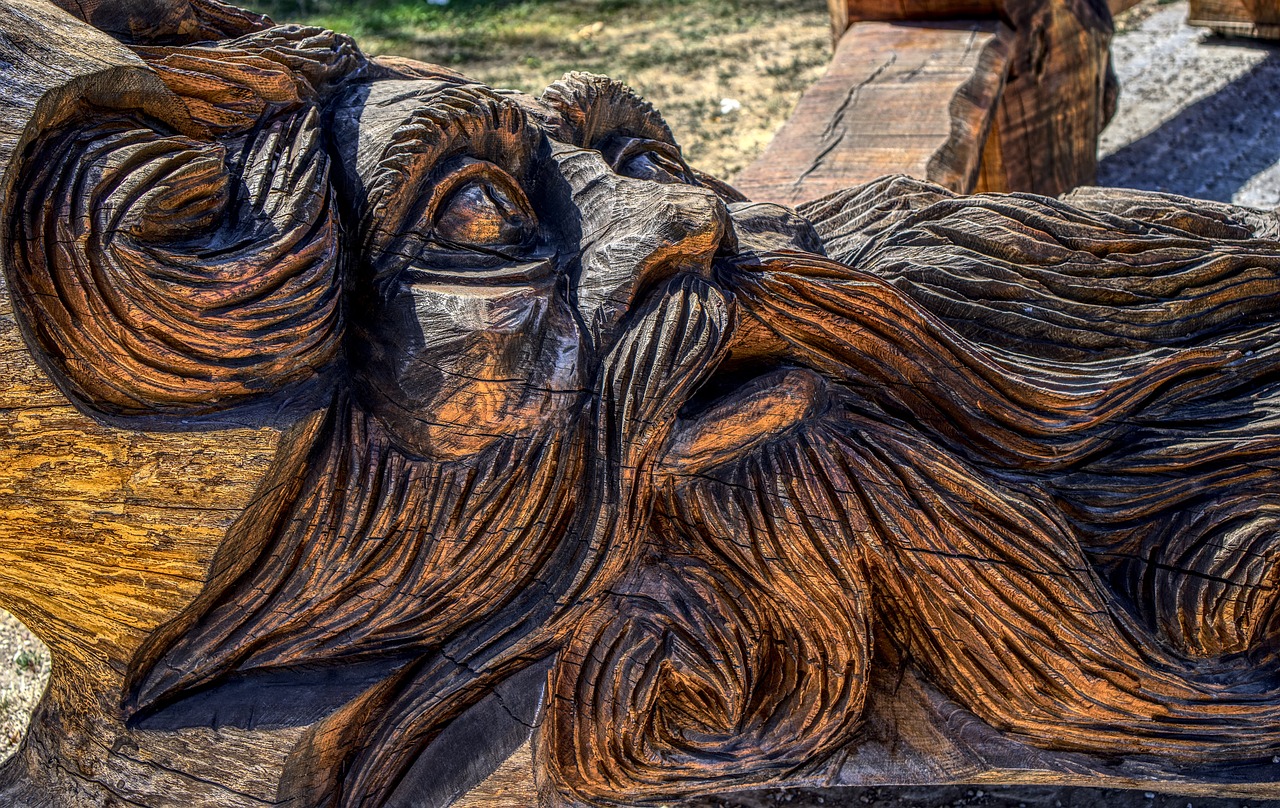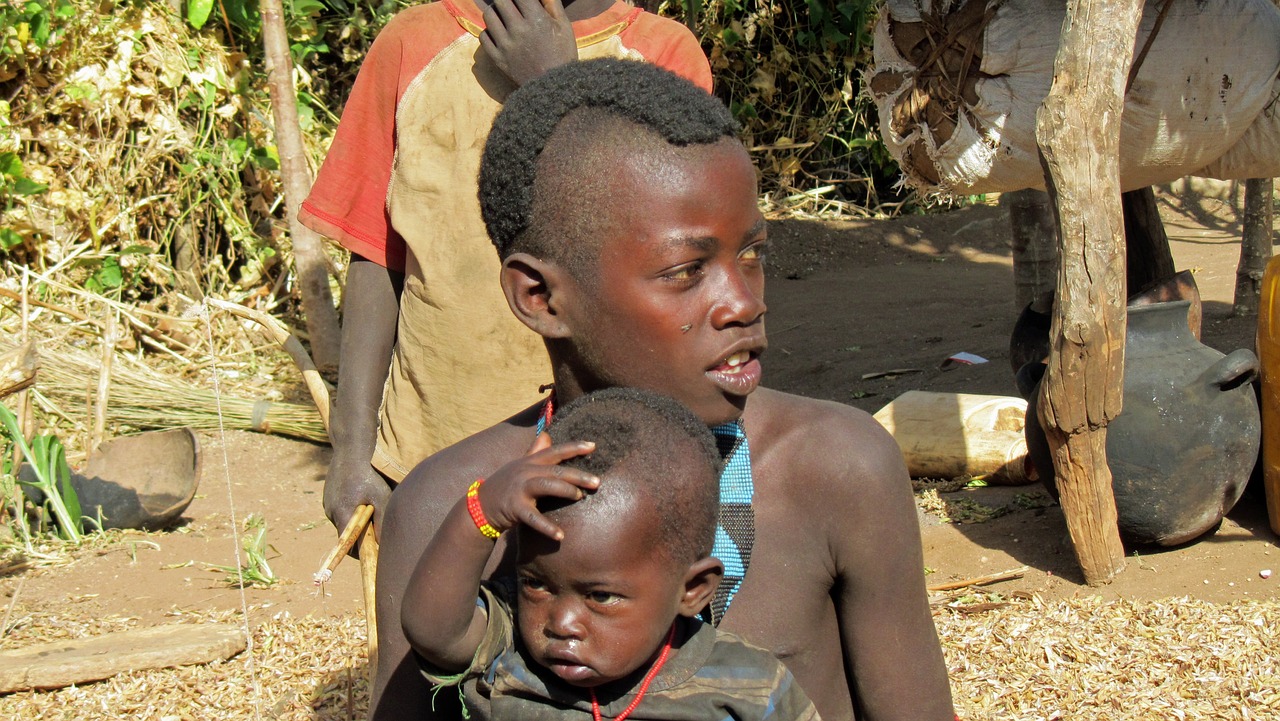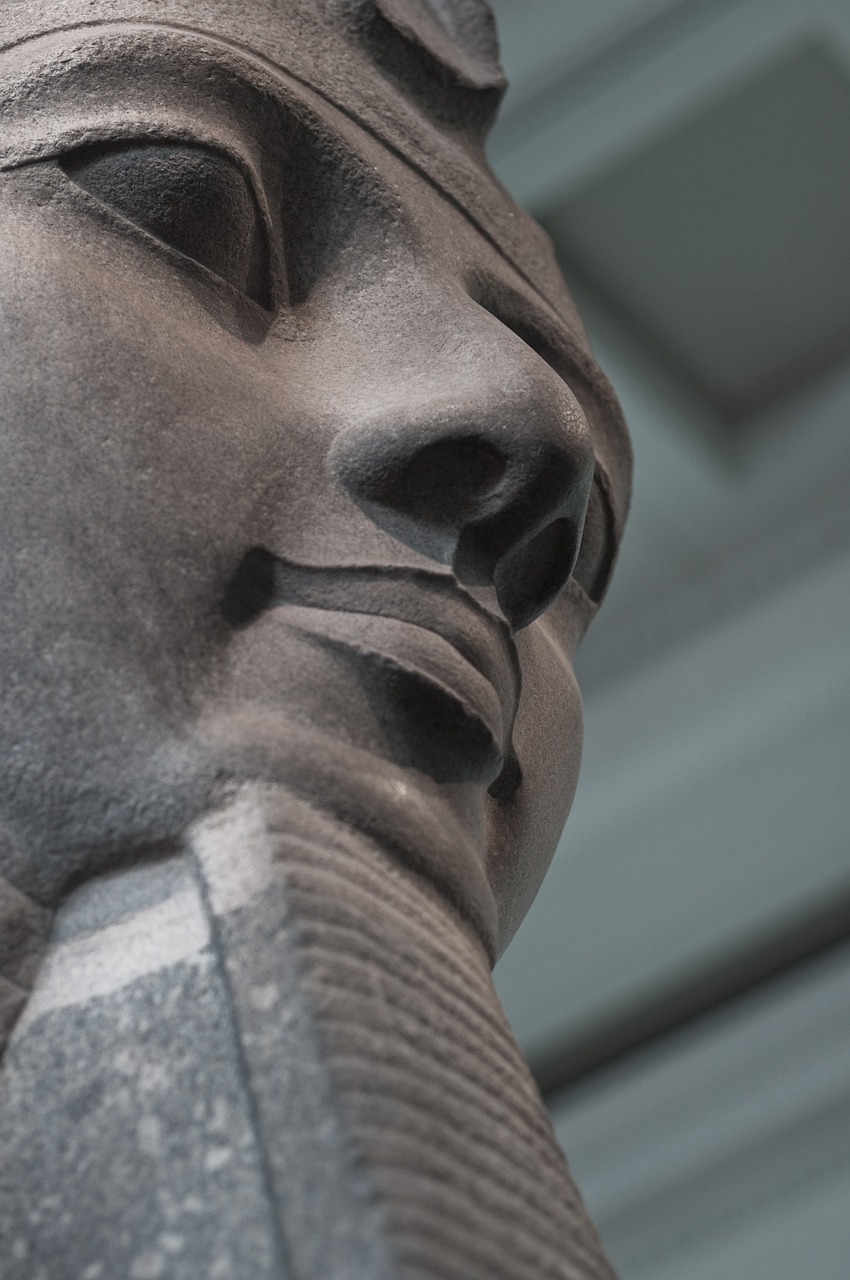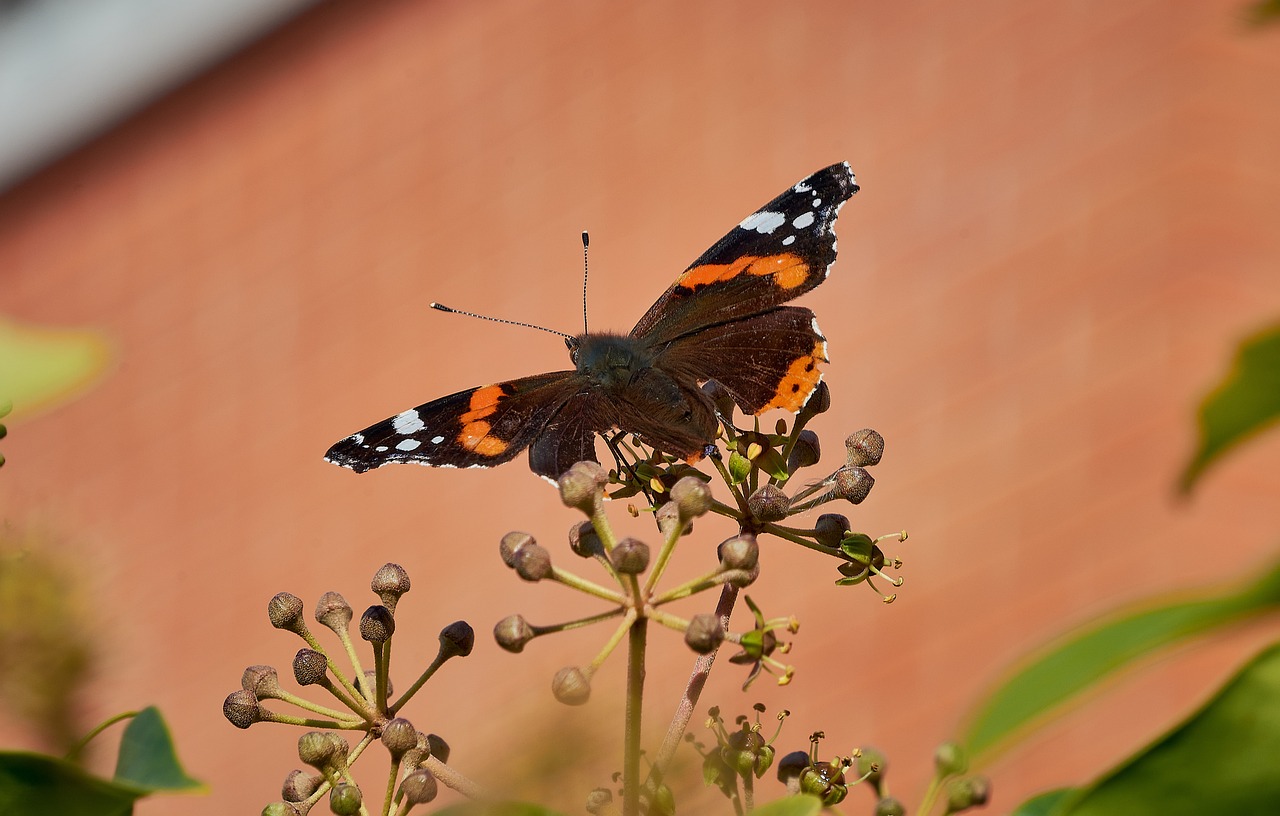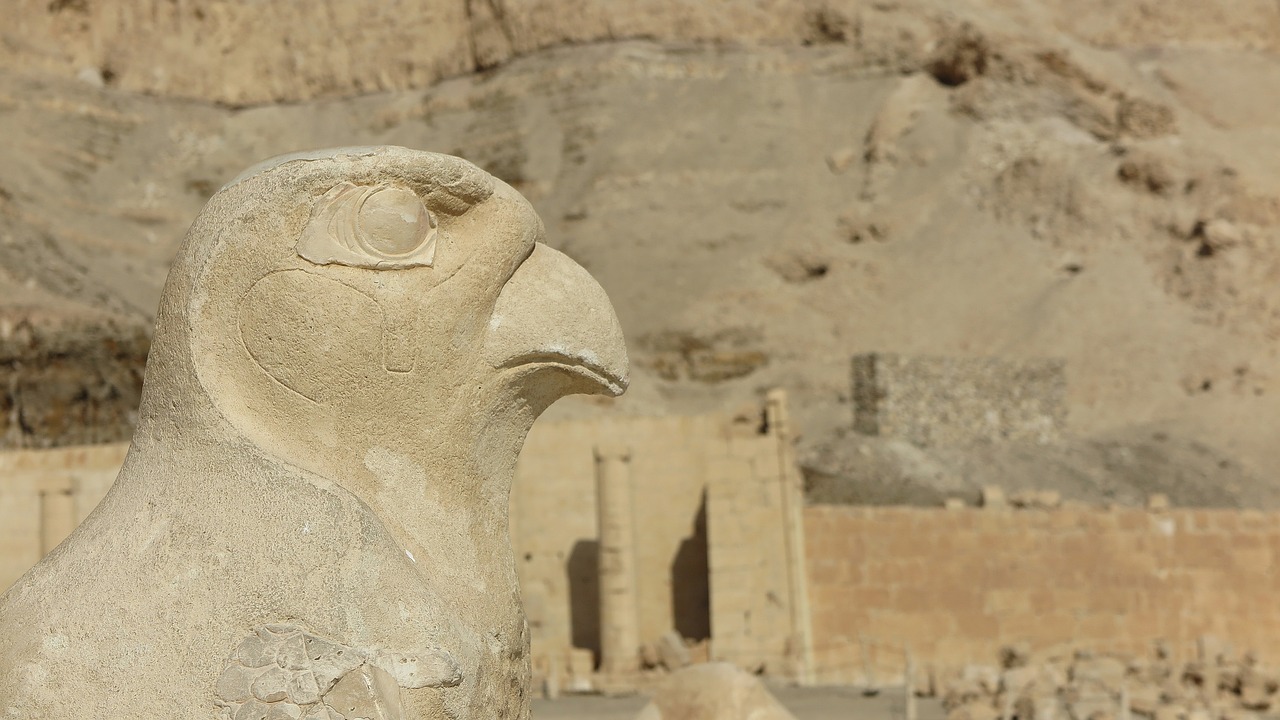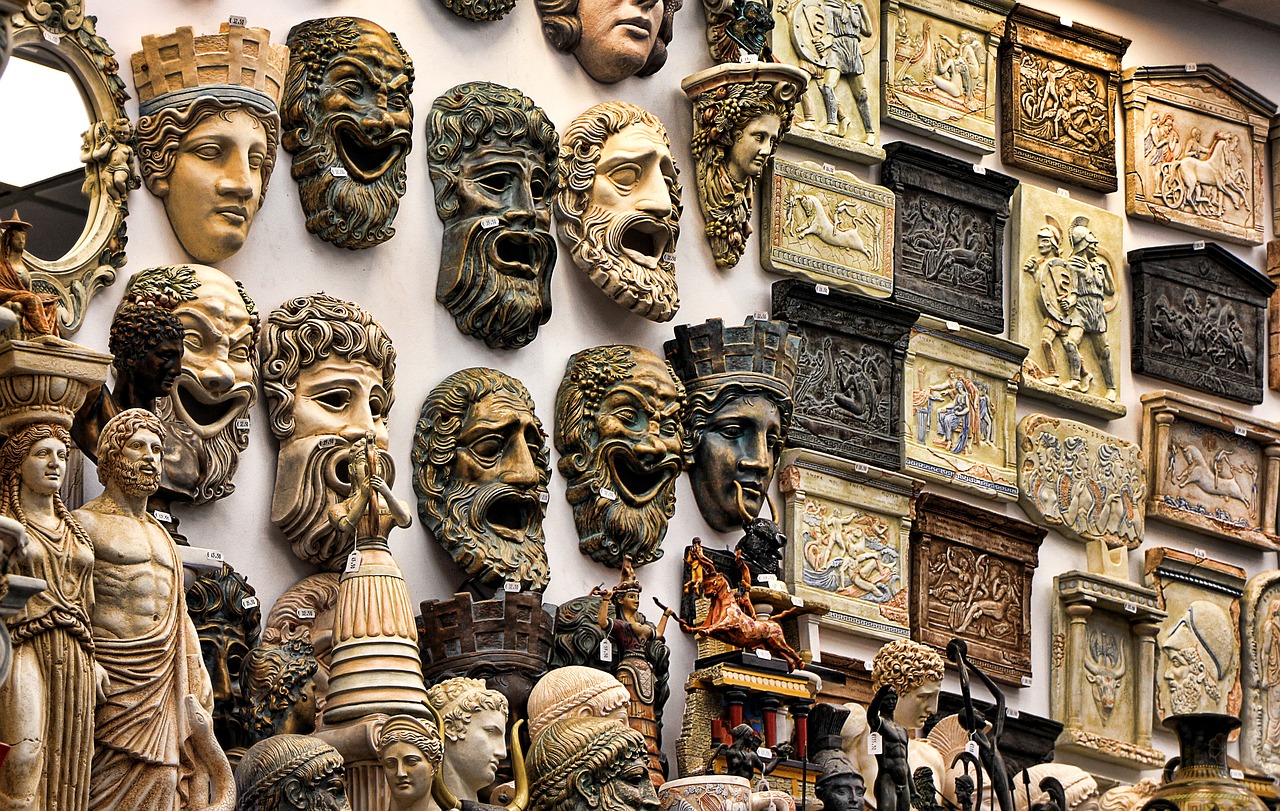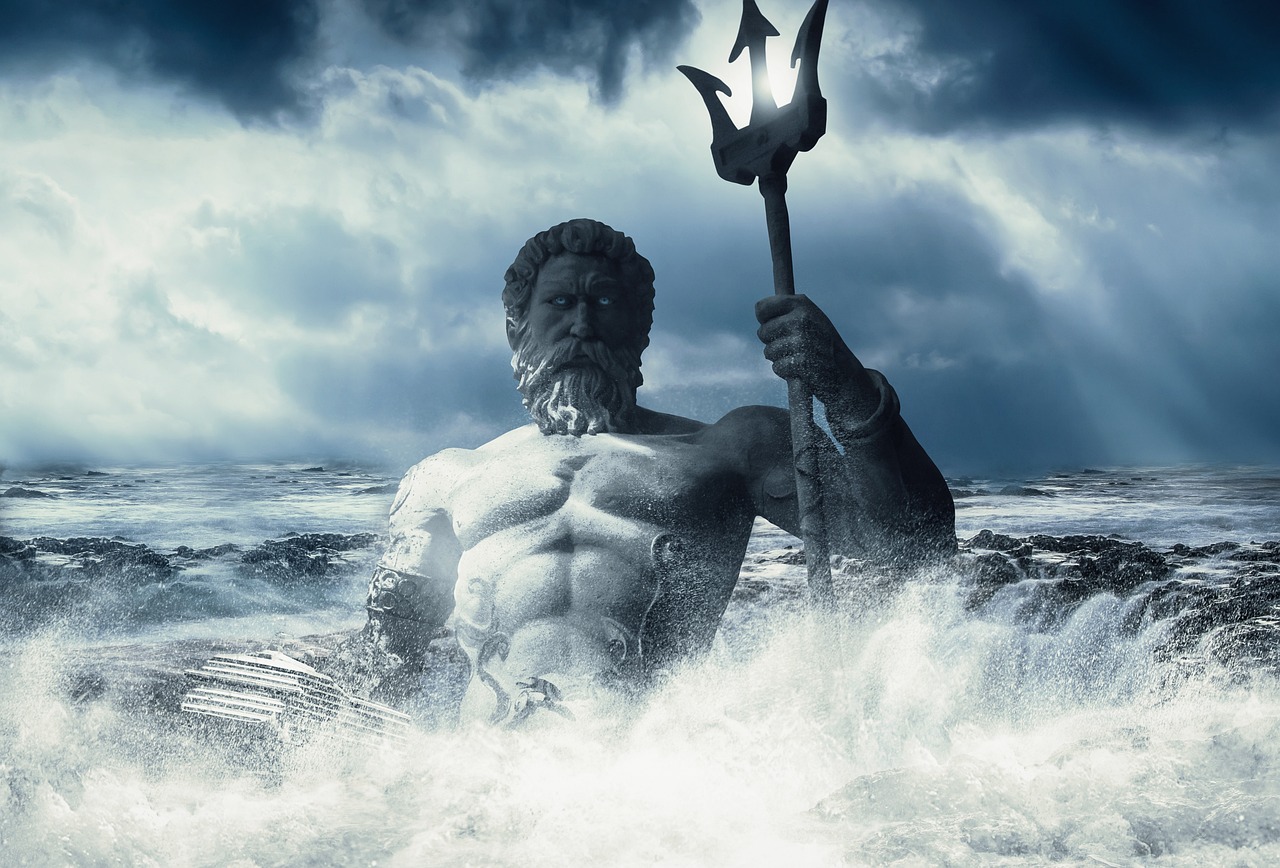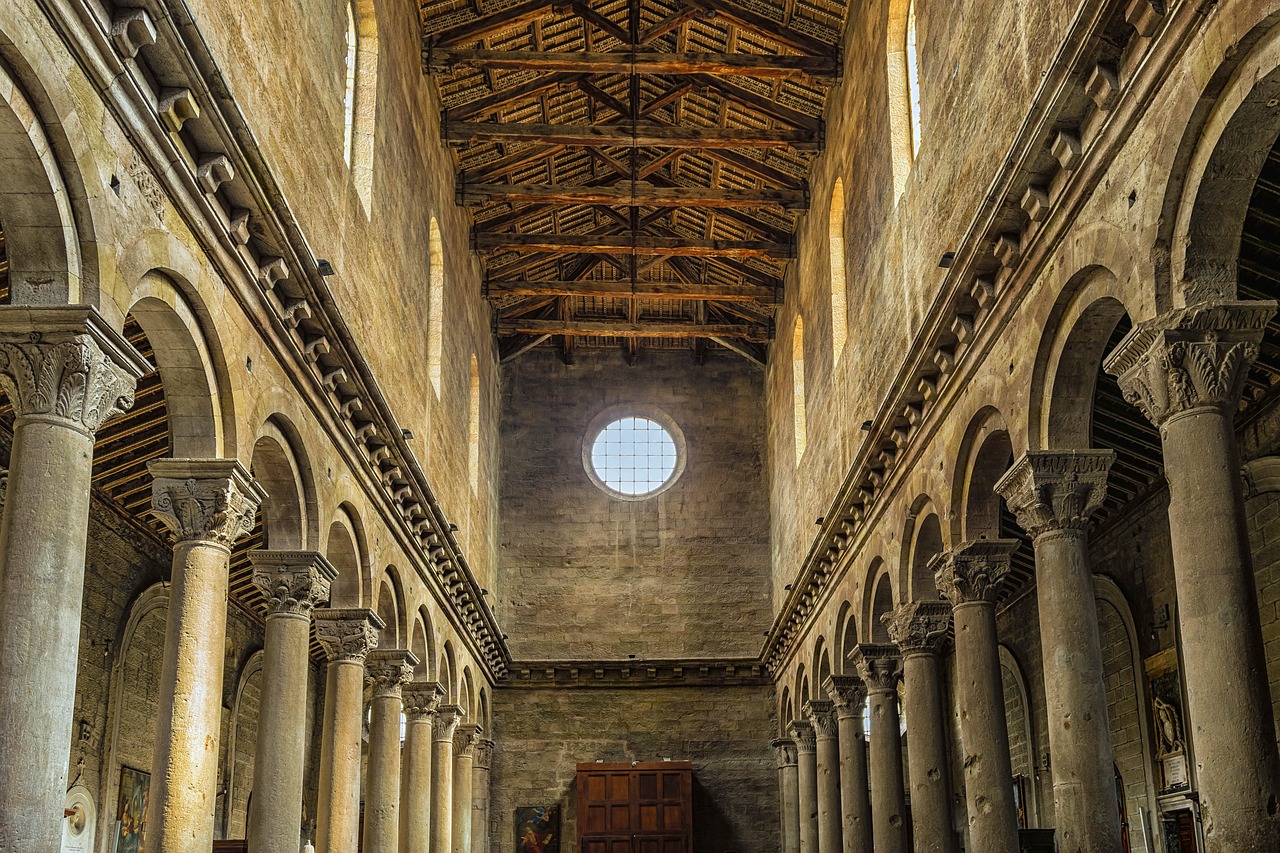Author: Sun WuKong
-
Neptune, a prominent figure in Roman mythology, was revered as the deity of the sea, freshwater, earthquakes, and horses. He parallels the Greek god Poseidon and played a vital part in the religious practices of the Roman populace. Often illustrated as an older man with a beard, Neptune is typically seen wielding a trident, his…
-
The Splendor of the Bennu: A Glimpse into Ancient Egyptian Mythology The image of the Bennu, often equated with the mythical phoenix, holds a paramount position in the tapestry of ancient Egyptian religion and symbolism. Recognized for its association with rebirth and the dawn, the Bennu Bird was seen as an emblem of resurrection and…
-
Horus: Discovering the Legacy of the Egyptian Falcon Deity The mythological landscape of ancient Egypt is intricate and vibrant, populated with numerous deities and significant symbolism. Among these, Horus, the god with a falcon’s head, stands out as one of the most powerful and respected. This article explores the mythology surrounding Horus, focusing on his…
-
Vulcan: God of Fire and Craftsmanship in Roman Mythology In the realm of ancient Roman belief, Vulcan (Latin: Vulcanus) stands as the divine figure presiding over both constructive and destructive fire, which encompasses the fiery wrath of volcanoes. A master artisan, he was venerated for his skill in crafting arms, ironware, and armor, serving deities…
-
SmartLess Podcast Dynamics “SmartLess,” featuring Jason Bateman, Sean Hayes, and Will Arnett, serves as an engaging podcast that unites diverse individuals through shared narratives and engaging discussions. A unique feature of each episode involves one host unveiling a surprise guest, igniting spontaneous and genuine interactions filled with humor and insights that enrich the SmartLess experience.…
-
Demeter: Goddess of Agriculture and the Mysteries Introduction to Demeter Demeter, the revered goddess within Greek mythology, embodies agriculture, grain, and the sustenance vital for human life. Charged with overseeing the primary Mystery Cults, she provided followers insights into a fortunate afterlife amid the blissful fields of Elysium. Commonly represented as a mature woman, Demeter…
-
Horus, the falcon deity, is integral to Egyptian mythology, often recognized as the aide to Ra and the embodiment of the Pharaoh’s authority throughout Egypt’s extensive history. After avenging the demise of his father, Osiris, Horus secured his position as the ruler of Egypt, establishing himself as one of the foremost deities in the Egyptian…
-
Cred is often portrayed in Scottish and Irish mythology as a beauty, a prophetess, or a queen caught in the throes of love. Among her most renowned tales is the romance with the valiant warrior, Cano mac Gartnain. Cred, known by various names such as Credhne, Credhe, Creidhne, and Credne, was the enchanting daughter of…
-
Greek mythology represents a vast collection of tales regarding the deities, heroes, and customs of ancient Greeks, showing a rich cultural heritage from Classical antiquity. While critical thinkers such as Plato acknowledged that these myths often contained fictional elements, they were primarily regarded by the typical Greek populace as authentic stories. The profound impact of…
-
Overview of Roman Religion: Beliefs and Practices Roman religion, also referred to as Roman mythology, encapsulates the beliefs and rituals of the people on the Italian peninsula from ancient times until the rise of Christianity in the 4th century CE. This expansive period is recognized as Classical antiquity. Nature and Significance According to Cicero, one…

